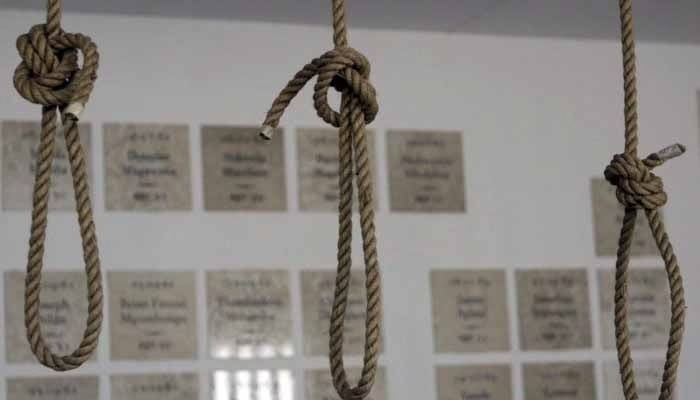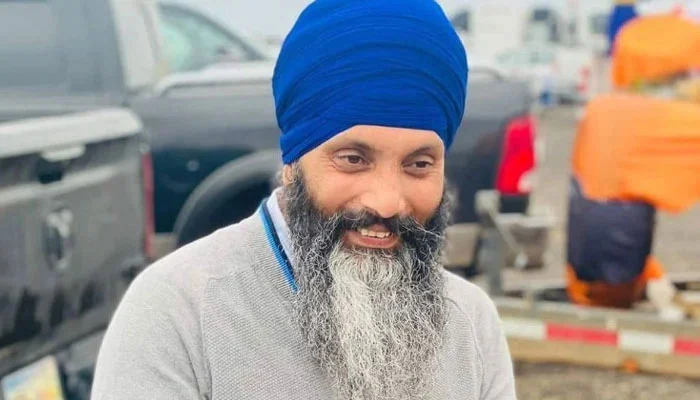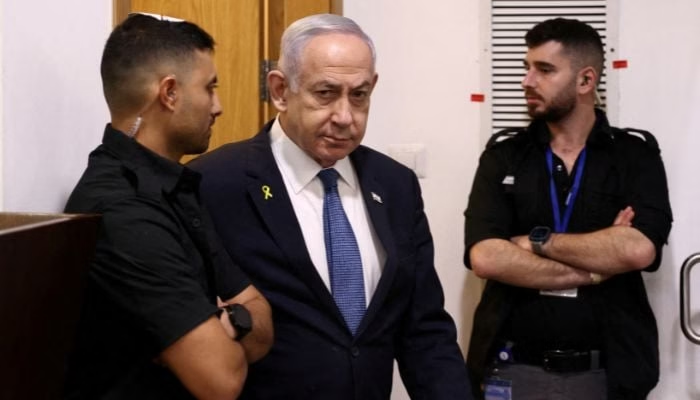In a significant legal development, two Indian nationals from the state of Kerala have been sentenced to death in the United Arab Emirates (UAE) for their involvement in separate murder cases. The verdict has been confirmed by the Indian Ministry of External Affairs, marking a crucial moment in India-UAE diplomatic relations.
Conviction and Sentencing
According to Indian media reports, the two individuals, Mohammed Ranash and Muralidharan, both hailing from the Kannur region of Kerala, were convicted for committing murders in the UAE. Ranash, who was previously employed at a travel agency, was found guilty of murdering a UAE citizen. Meanwhile, Muralidharan was convicted of killing an Indian immigrant, further complicating the nature of the case.
UAE authorities reportedly informed the Indian embassy about the execution orders for the two accused on February 28. Following this, the Indian embassy promptly reached out to their families, ensuring that they were provided with all necessary legal assistance and guidance.
Indian Government’s Intervention
Recognizing the gravity of the situation, the Indian Ministry of External Affairs intervened to explore all possible legal avenues to secure relief for the accused. The Indian embassy in the UAE actively pursued mercy petitions and appeals, requesting clemency for Ranash and Muralidharan. However, these appeals were ultimately dismissed by the UAE Supreme Court, thereby upholding the death penalty.
The ministry further assured that all diplomatic and legal measures had been exhausted to provide support to the convicted individuals and their families. Indian officials worked closely with UAE authorities to ensure due process was followed and that the accused were given a fair trial in accordance with the legal framework of the country.
Legal System in the UAE and Implications
The UAE follows a stringent legal system, with severe penalties for crimes such as murder. The death penalty is imposed in cases of premeditated murder, subject to Sharia law and judicial discretion. However, there is a possibility of clemency if the victim’s family agrees to accept blood money (Diyya) or grants a pardon.
In such cases, diplomatic negotiations and interventions play a crucial role in determining the fate of convicts. While India has actively engaged in similar cases before, this particular instance highlights the challenges faced when legal proceedings reach the highest court of the host country.
Reactions from the Families and Diplomatic Channels
The families of both convicts have expressed deep distress over the verdict and have sought further intervention from the Indian government. Various human rights organizations and legal experts have called for additional diplomatic efforts to secure a reconsideration of the case. However, given the UAE’s strict legal framework, the chances of reversal remain slim.
The Indian government has reiterated its commitment to providing legal assistance to its nationals facing legal challenges abroad. It has also encouraged expatriates to remain aware of the host country’s laws and abide by the legal system to avoid severe consequences.
With the Supreme Court of the UAE upholding the death sentence, the legal battle for Mohammed Ranash and Muralidharan appears to have reached its final stage. However, last-minute diplomatic efforts and potential appeals to the ruling family of the UAE could offer a glimmer of hope. Family members and rights groups continue to push for a final reconsideration of their case.
Meanwhile, this case serves as a stark reminder for Indian expatriates about the importance of legal awareness and the consequences of criminal offenses abroad. The Indian government continues to monitor developments closely, keeping open channels of communication with UAE authorities.
The sentencing of two Indian nationals to death in the UAE underscores the need for expatriates to be mindful of foreign legal systems. Despite diplomatic efforts, the verdict has been upheld, marking a significant legal and diplomatic challenge for India. The coming weeks will determine whether any further interventions could alter the fate of the convicts or if the execution will proceed as scheduled.



